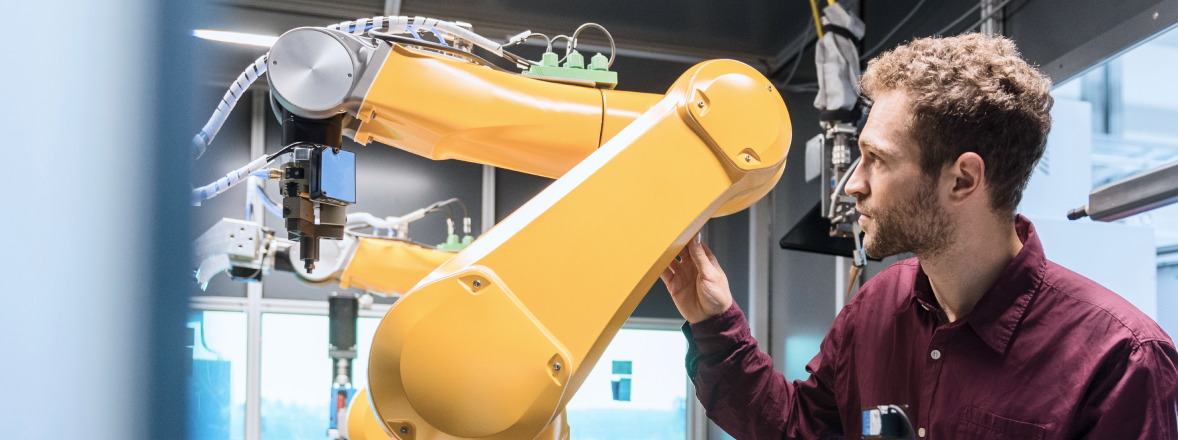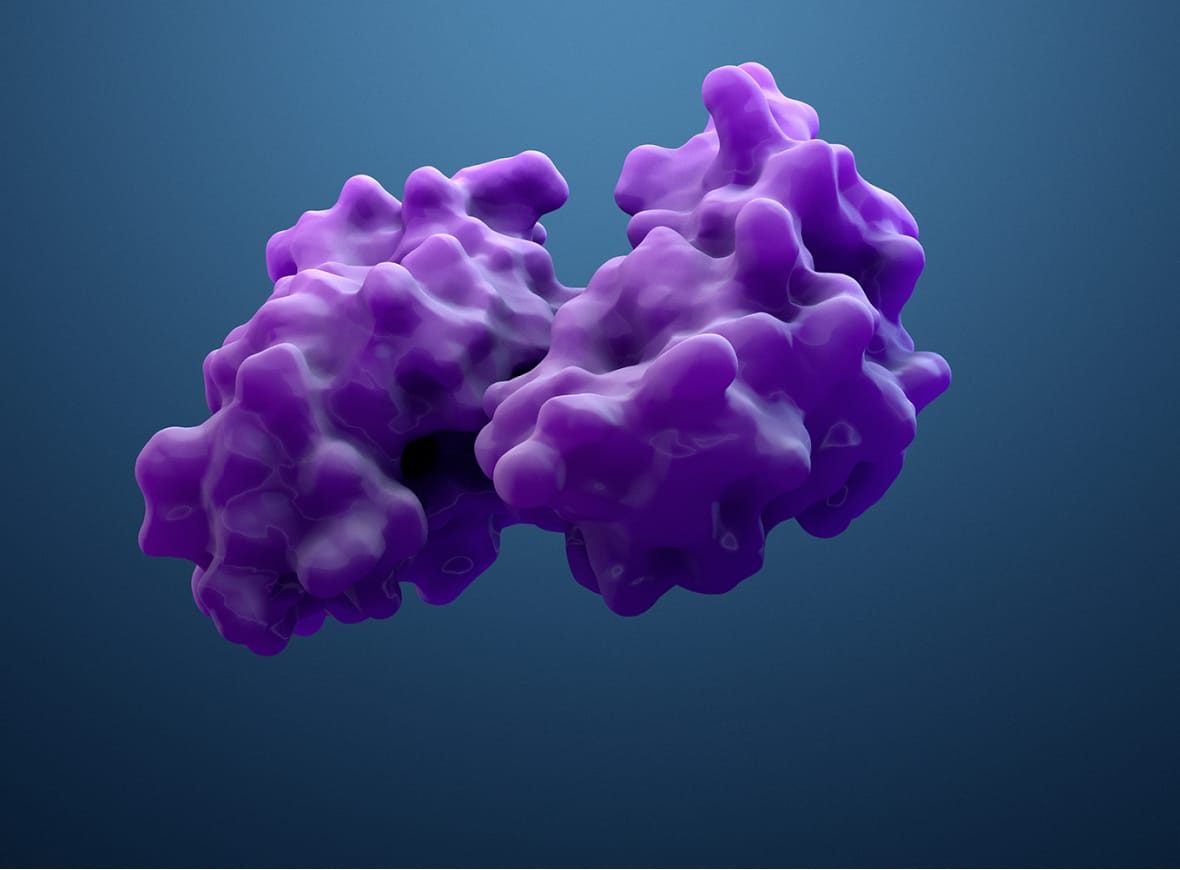
Pursue a postdoc in human-centered AI.
Interested in applying artificial intelligence and machine learning to problems in your discipline? Have a terminal degree from a field outside of computer science? Apply for a two-year postdoctoral fellowship, where you’ll be part of the Institute for Experiential AI, dedicated to AI technologies that harness the unique strengths of humans and machines. Following successful completion of your training, apply to faculty positions at Northeastern in Boston, at the Roux Institute in Portland, or elsewhere within the university’s global network.

Below are just a few of many faculty mentors and research projects designed for postdocs in fundamental or applied AI.
Featured
AI to improve healthcare

Machine learning algorithms can help physicians identify skin cancer and lung diseases early, refine their diagnoses, and predict patient outcomes. Jennifer Dy, professor of electrical and computer engineering, incorporates human expertise to make these algorithms more accurate, and thus trustworthy.
Featured
Adapting to climate change

Professor of Civil and Environmental Engineering Auroop Ganguly is a leader in harnessing AI to improve climate adaptation, water and environmental security, and infrastructural resilience. His lab explores weather extremes under climate change, including urban-coastal processes, by combining physics with data-driven science.
Featured
Computer vision and human behavior

Sarah Ostadabbas, assistant professor of electrical and computer engineering, works at the intersection of computer vision and deep and statistical learning. Her lab devises algorithms for visual perception in a quest to understand, detect, and predict human behaviors by estimating individuals’ physical, physiological, and emotional states.
Featured
The voice as biomarker

Rupal Patel, professor of communication sciences and disorders and computer sciences, uses machine learning and AI techniques to tap the power of the human voice as a health and wellness biomarker. Her lab is advancing research into the use of voice signals to assess and monitor neurological conditions, as well as creating conversational AI systems and chatbots.
Featured
Analyzing the cell proteome

The lab of Nikolai Slavov, assistant professor of bioengineering, has pioneered mass-spectrometry using data-driven methods that can identify all the proteins in a single cell. This technology enables researchers to better understand disease mechanisms and the biological principles underlying cell function.
Contact us to explore your options.
Interested in a postdoctoral fellowship in experiential AI? Let us know. We’ll contact you with more opportunities at the Roux Institute.